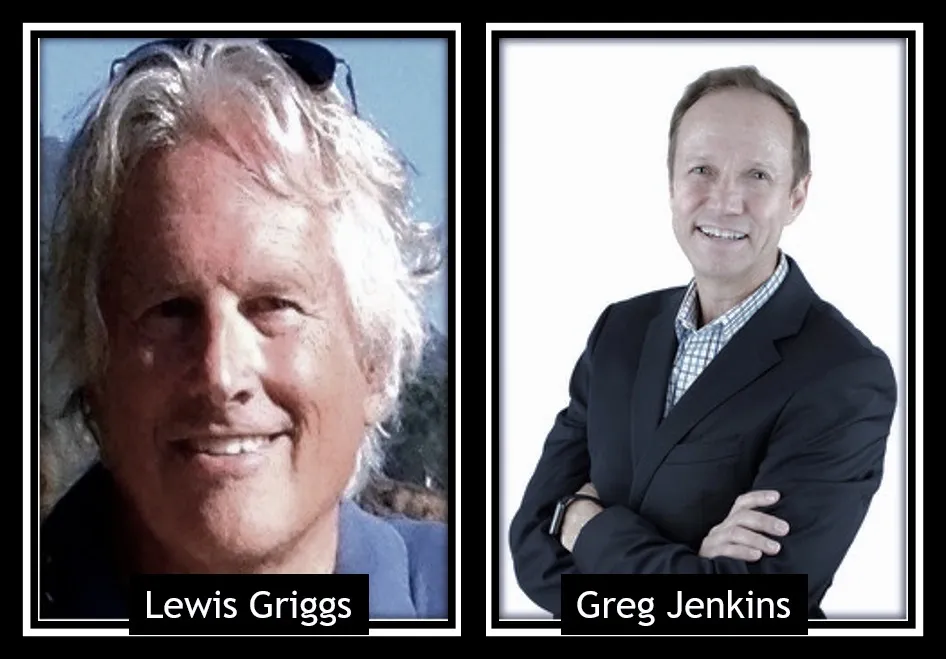White Fragility Primer Privilege and Inclusion from Two White Men

To understand “white fragility” and how to gain support for inclusion from white employees, we asked two straight white men who also are D&I pioneers. Here are the reasons Greg Jenkins and Lewis Brown Griggs are optimistic about gaining greater white understanding of the value of inclusion. Greg is a veteran, a D&I consultant and an executive coach. Lewis is a D&I speaker, trainer, coach and author.
Tell us how you came to be D&I advocates.
Lewis: I am a 14th-generation Anglo-American, with my ancestors dating back to the Mayflower. I grew up in a wealthy family with extreme privilege, including a private education. When I came out of my tribe of total privilege and went to college, I felt anxious and confused while experiencing my own ignorance and ethnocentrism. A near-death experience, in which I totaled my car, changed me. I saw the light, literally, and realized I wasn’t doing the work I was set here to do. I needed to use the gift of my privilege for good and to reach and teach other straight, white males how to value others’ diversity as gifts enhancing personal, interpersonal and organizational effectiveness. I went to Stanford Business School to learn the language of senior executives so I could convince them to fund my original “Valuing Diversity” training videos and workshops and the National Diversity Conference.
Greg: I served in the U.S. Army for 28 years. In 2005, I had just come out of Iraq and was sent to train at the Defense Equal Opportunity Management Institute (DEOMI), which trains all branches of the military on equal employment and diversity & inclusion. I was a master sergeant in my early 40’s and wondered why I was being thrown under the bus with this assignment. But after 16 weeks of residential small group training, I was changed. I learned about myself, and that, like others, I have racist and sexist tendencies and I didn’t understand my white, male privileges. I got an “aha” that this is the work I have to do. A door opened and I’ve never gone back. I served on the staff of two commanding generals and then was part of the team that put together the first US Army D&I strategy at the Pentagon. I left the Army in 2012 and started my consulting business.
How would you define “white fragility?”
Greg: A fear-based concept of white people based on changing demographics and global and national migration patterns
Lewis: The fragility in being able to maintain any privilege or power that whites have held that might be depleting.
How do you get employees to acknowledge they have these feelings?
Lewis: I get them to acknowledge the privilege they have had and to understand that there is no blame or shame required in just recognizing white history. Our Constitution was designed by white men who left the oppression of power in northern Europe to become free and to create freedom for others. We need to encourage and enable white people, especially white men, to discover their self- interest in being experienced by others and experiencing themselves as not the enemy but as an important part of a more fully inclusive culture and democracy.
Greg: The first step is to get them to face the realities of the shifting demographics. What emerges in my discussions with white males specifically is three things: Stereotype threat—fear of interacting with different genders or races/ethnicities so the white males shut down; Loss aversion—concern that they will “lose” something if others gain; and dominant vs. subordinate identity—fear that their dominance will be threatened. We have to get them to a place where they openly discuss this.
Clearly, open dialogue is crucial to gaining their buy-in. What other advice do you have for organizations working to get white people to support D&I?
Lewis: Ensure the team recognizes its common goal. Discover and value whatever similarities and differences we each have that can help achieve that goal.
Greg: Find out what the goal and objective is. Ensure you have leadership commitment. Without that, it’s not going to go well. And create inclusive leaders at all levels because that will cascade throughout the organization.
Are you optimistic about the future?
Greg: Yes. We have migration shifts with more people moving from rural to urban areas and urban areas require a democracy of cooperation. The mid-term elections showed the most diverse House of Representatives ever, and they were voted in by a majority white population. The fastest growing Census category is biracial and multiracial. We are heading in a new direction.
Lewis: Yes.All of the violence and defensive reactivity around the world is because of great news—the oneness that we are all beginning to feel, happening through our evolution and exposure to each other, and not led by any political or religious or business leader. This evolution of consciousness is threatening the people used to holding power the old way fearing it to be threatened. But light will win over dark.
